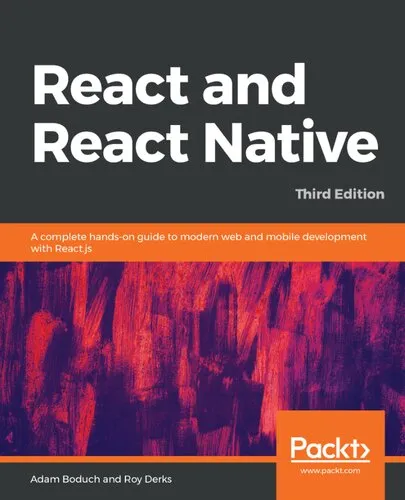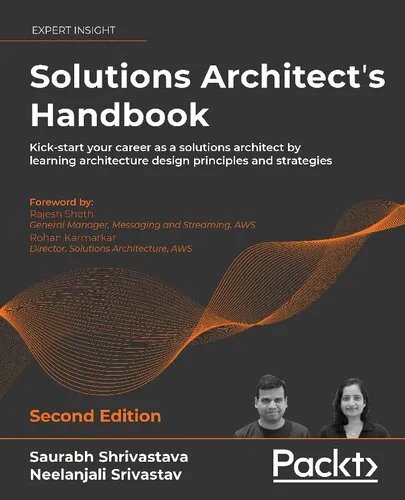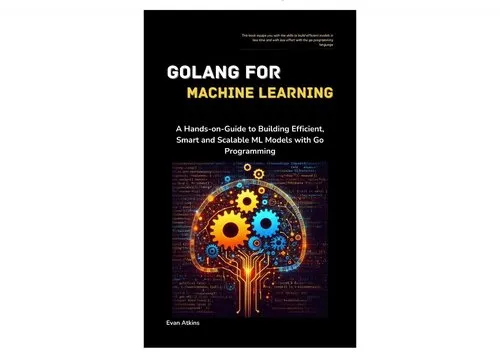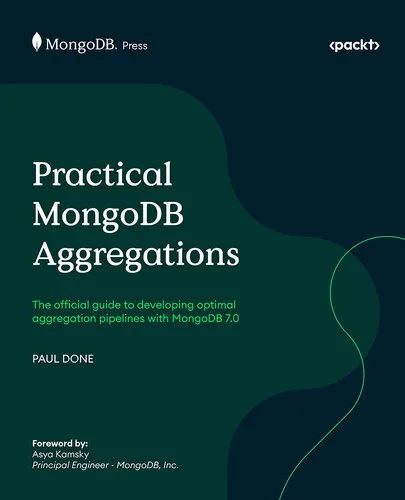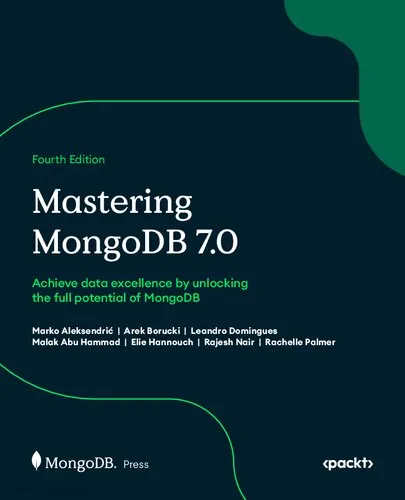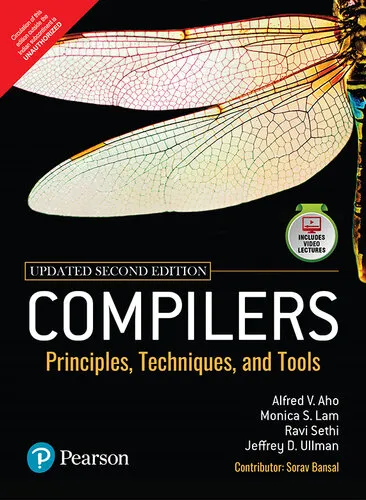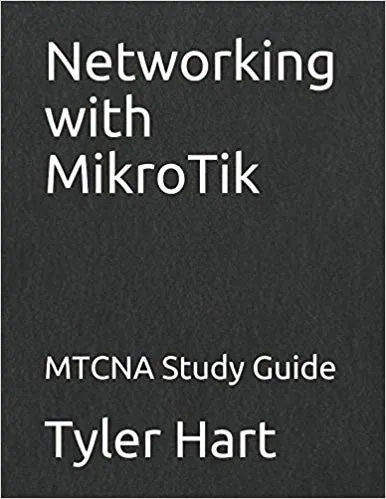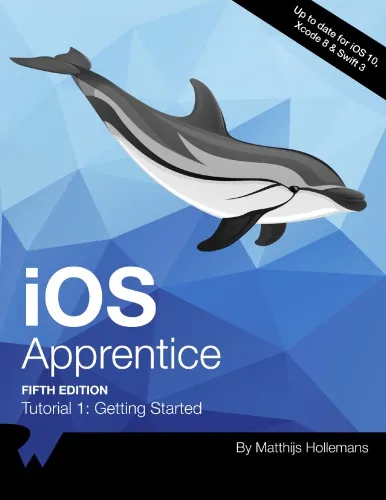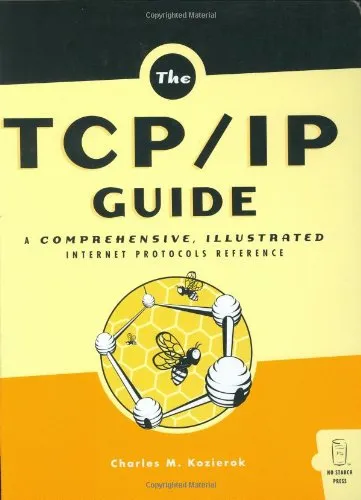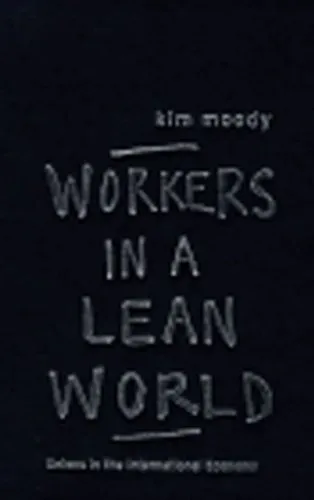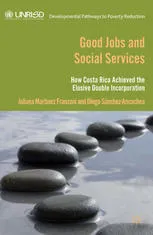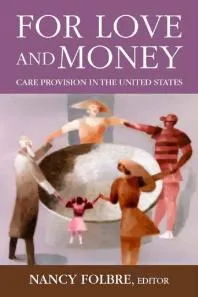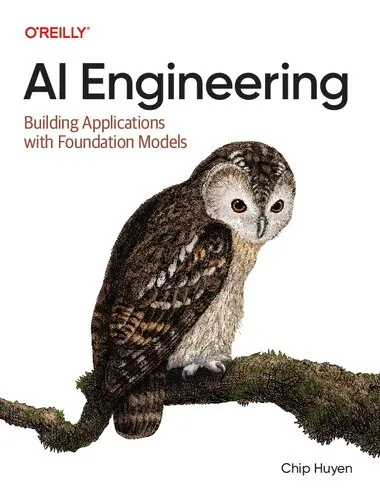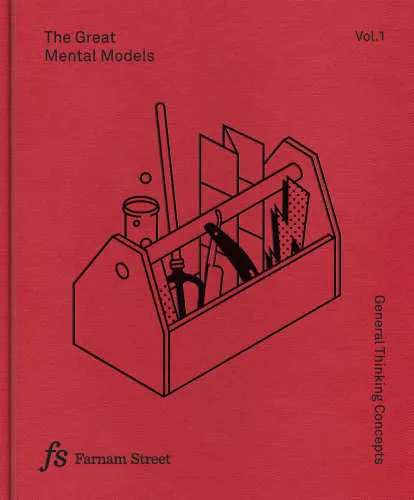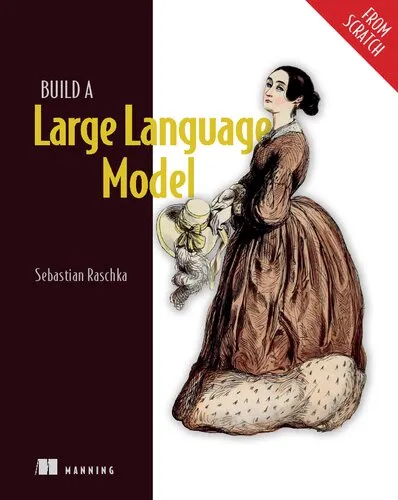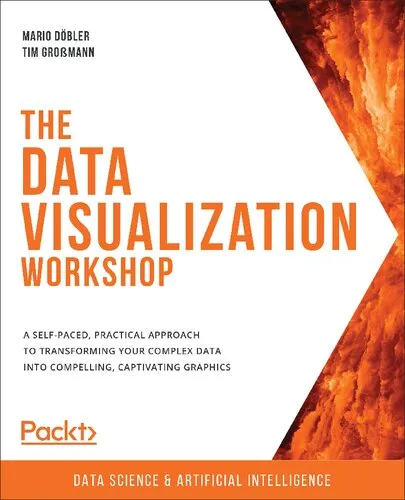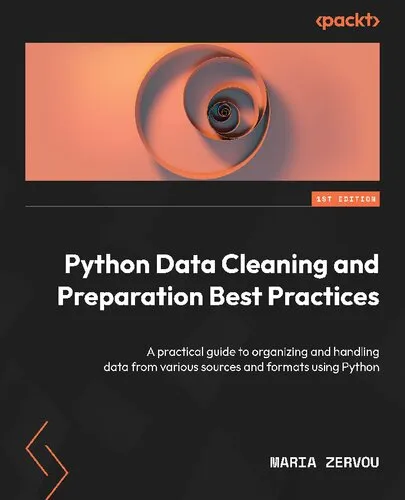British Journal of Industrial Relations
4.6
Reviews from our users

You Can Ask your questions from this book's AI after Login
Each download or ask from book AI costs 2 points. To earn more free points, please visit the Points Guide Page and complete some valuable actions.Related Refrences:
Analytical Summary
The work titled British Journal of Industrial Relationspp.701—722, authored by Christina Cregan, Timothy Bartram, and Pauline Stanton, stands as a rigorous academic contribution to the study of employment relations, organisational behaviour, and the evolving landscape of workplace governance. While certain specifics such as the exact publication year remain “Information unavailable” due to the absence of reliable public sources, the text itself is marked by its methodical approach, blending empirical research with theoretical framing to unpack the complex dynamics that shape interactions between employers, employees, and regulatory bodies.
In examining industrial relations, the authors provide a thorough dissection of policy frameworks, union activities, and managerial strategies in an era characterised by globalisation and technological disruption. The primary keyword—British Journal of Industrial Relationspp.701—722—anchors an analysis that is simultaneously local in context yet global in relevance, offering valuable parallels for academic and professional audiences across international boundaries.
The text navigates topics including workplace governance, collective bargaining, employee engagement, and dispute resolution with an authoritative yet accessible tone, making it particularly suitable for economists, labour relations specialists, policy advisors, and HR leaders seeking evidence-based perspectives. Enhanced by the secondary keywords “industrial relations analysis” and “workplace governance,” the work situates itself within both historical trajectories and contemporary realities, bridging gaps between scholarly theory and practical application.
Key Takeaways
Readers of British Journal of Industrial Relationspp.701—722 can expect a blend of analytical depth and clarity that informs decision-making within complex organisational environments. This section distills the essence of the research into actionable knowledge.
Firstly, industrial relations are influenced as much by cultural context and historical precedent as by modern technology and policy reforms. This shapes the way strategies succeed or fail.
Secondly, workplace governance emerges as a multidimensional process—one requiring nuanced understanding of stakeholder interests, regulatory frameworks, and ethical considerations.
Thirdly, the authors highlight the pivotal role of institutional trust in fostering sustainable labour relations, noting that without trust, even well-structured agreements falter in their implementation.
Fourthly, empirical evidence is crucial: anecdote and assumption must give way to verifiable data if one seeks to craft policies and practices with measurable impact.
Lastly, interdisciplinary thinking—marrying economics, sociology, and organisational behaviour—enriches the study and practice of industrial relations in ways that singular disciplinary approaches cannot.
Memorable Quotes
The following notable passages from British Journal of Industrial Relationspp.701—722 capture the intellectual spirit and critical insight of the work.
“Understanding industrial relations requires a commitment to both empirical rigour and humanistic values.”Unknown
“Workplace governance is not merely a function of rules—it is the lived experience of those who operate within those boundaries.”Unknown
“Policy effectiveness is measured not by design alone, but by its execution amidst real-world complexities.”Unknown
Why This Book Matters
In an era where labour dynamics are continuously reshaped by socio-economic tides, British Journal of Industrial Relationspp.701—722 offers guidance rooted in scholarship and relevance.
Industrial relations analysis is no longer optional for organisational resilience—it is central to navigating changes in law, technology, and stakeholder expectations. This work equips professionals and academics alike with the frameworks necessary to critically assess and adapt workplace governance models.
Moreover, the inclusion of comparative perspectives in the research makes this book a valuable resource for those outside the UK who wish to understand how British industrial relations both diverge from and mirror global trends. By situating local case studies within a broader theoretical lens, it speaks to aspirational HR practices and policy formulation worldwide.
Inspiring Conclusion
Ultimately, British Journal of Industrial Relationspp.701—722 stands as a beacon for those committed to understanding and enhancing the ecosystems of work. It invites the reader not simply to absorb information, but to engage with it, challenge assumptions, and translate insight into action.
Whether you are a scholar refining theoretical models, a policymaker balancing competing interests, or a practitioner striving for fair and sustainable workplaces, the structured analyses and measured tone of this book offer pathways forward. The repeated focus on industrial relations analysis and workplace governance ensures that the work remains firmly anchored to its most consequential themes.
The next step is yours: read deeply, share these insights with colleagues and communities, and discuss their
Free Direct Download
You Can Download this book after Login
Accessing books through legal platforms and public libraries not only supports the rights of authors and publishers but also contributes to the sustainability of reading culture. Before downloading, please take a moment to consider these options.
Find this book on other platforms:
WorldCat helps you find books in libraries worldwide.
See ratings, reviews, and discussions on Goodreads.
Find and buy rare or used books on AbeBooks.
1178
بازدید4.6
امتیاز0
نظر98%
رضایتReviews:
4.6
Based on 0 users review
Questions & Answers
Ask questions about this book or help others by answering
No questions yet. Be the first to ask!

